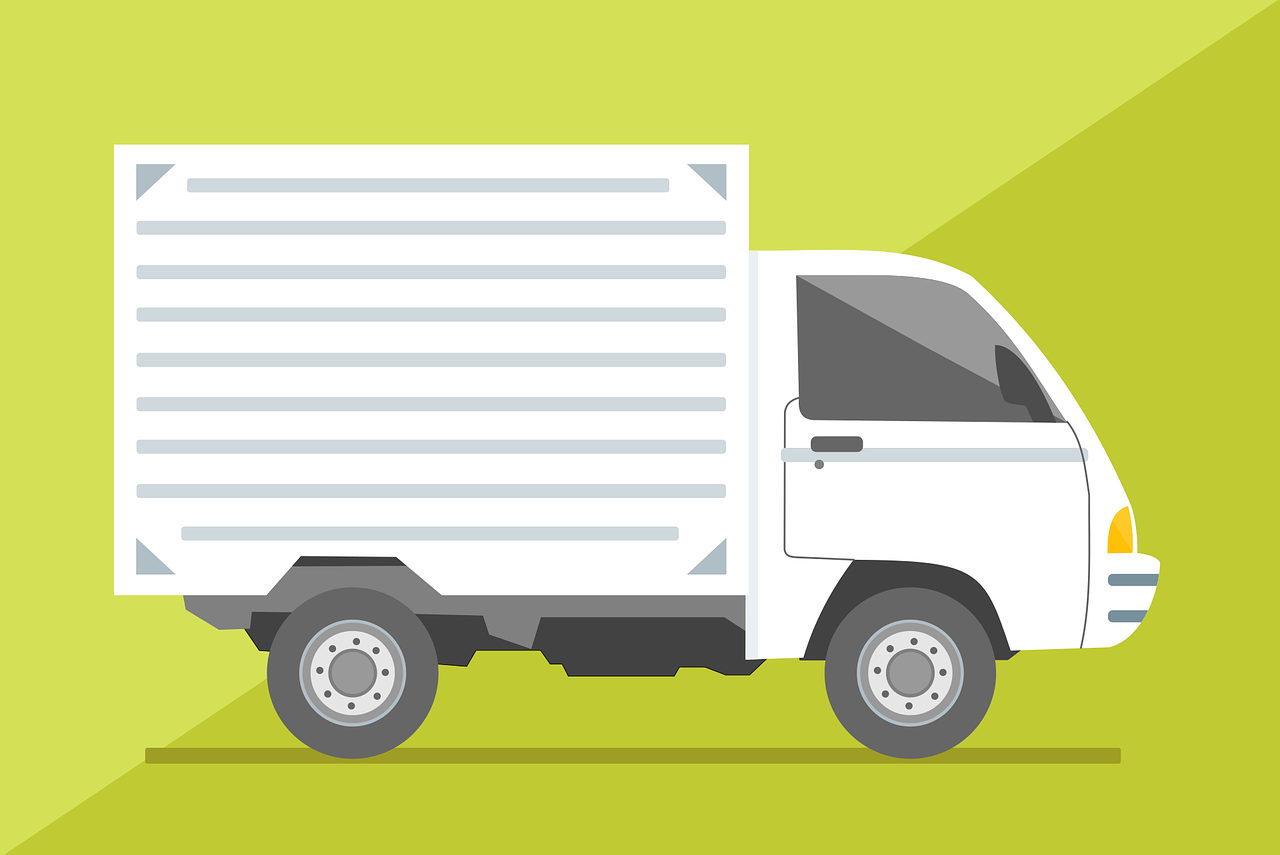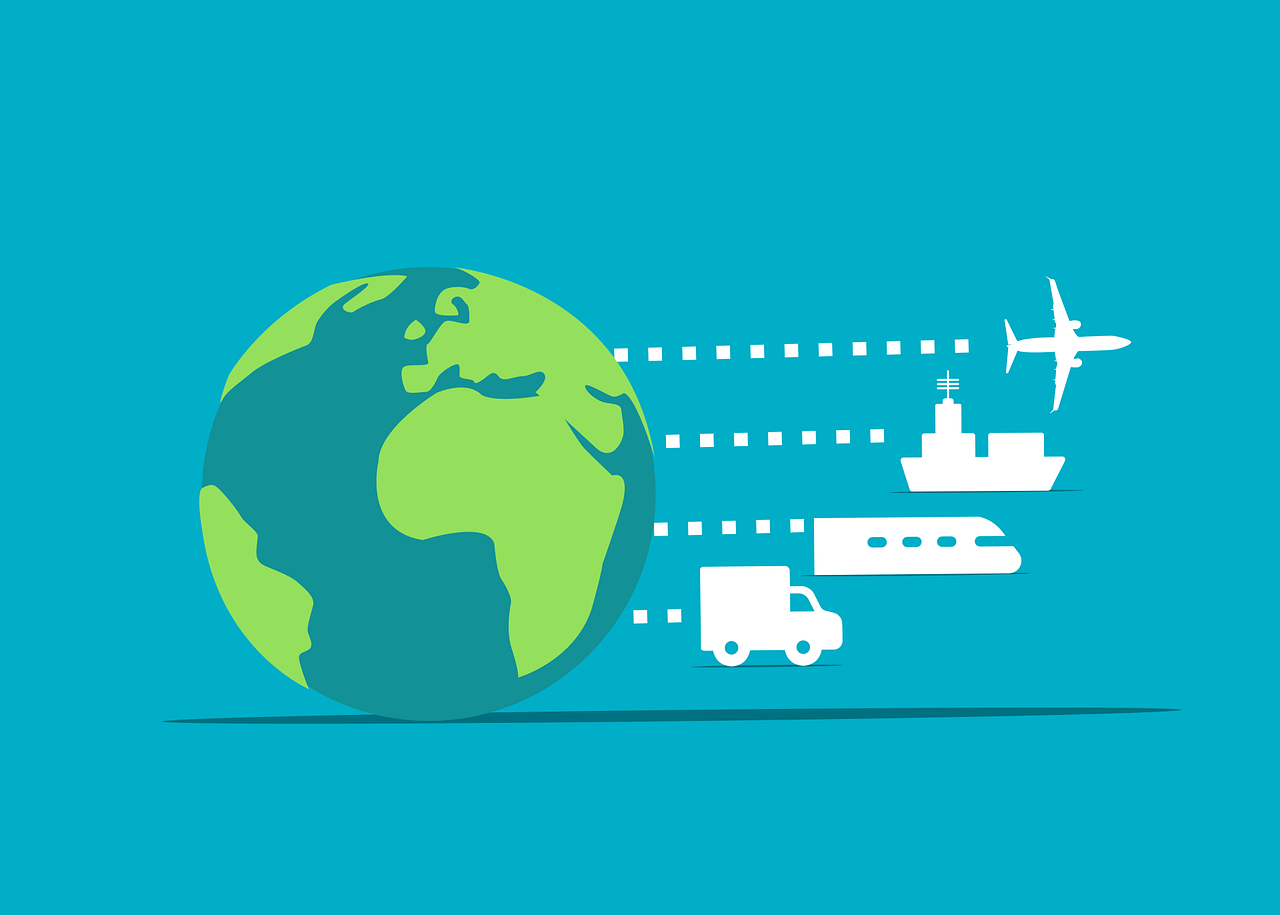Table of Contents
Logistics: the backbone of every successful business. Yet, it’s often a complex puzzle that diverts precious resources and attention away from core competencies. A strategic 3PL partnership can be the key to unlocking operational efficiency and driving growth. In this blog, we’ll explore the vital role of a 3PL and how Zippyy can be your partner in optimizing your supply chain.
What is 3PL Logistics?
3PL logistics (Third-Party Logistics) refers to the outsourcing of logistics and supply chain management functions to external service providers. These providers handle various aspects of the supply chain, including warehousing, transportation, distribution, and fulfillment.
Importance of a 3PL Partner
Cost Efficiency
One of the primary benefits of partnering with a 3PL provider is cost efficiency. 3PL logistics companies leverage their scale and expertise to offer reduced shipping rates and optimized supply chain solutions. By outsourcing these functions, businesses can avoid investing in expensive infrastructure and technology, thus reducing overall logistics costs.
Expertise and Technology
Third-party logistics providers bring specialized knowledge and advanced technology to the table. This includes state-of-the-art warehousing facilities, transportation management systems, and real-time tracking solutions. Businesses benefit from this expertise without having to invest in these technologies themselves.
Scalability
As your business grows, your logistics needs will likely become more complex. A reliable 3PL partner can scale their services to meet your evolving requirements. Whether you need to expand your warehouse space or increase your transportation capacity, a 3PL provider can adjust their services accordingly.
Focus on Core Competencies
By outsourcing logistics to a 3PL logistics provider, businesses can focus on their core competencies and strategic goals. Instead of managing complex logistics operations, companies can concentrate on product development, marketing, and customer service.
Improved Customer Service
3PL logistics examples often include enhancements in delivery speed and accuracy. With a 3PL partner handling your logistics, you can provide faster and more reliable service to your customers, leading to increased satisfaction and loyalty.
Difference Between 3PL and 4PL Logistics
While 3PL logistics focuses on managing specific logistics functions, 4PL logistics (Fourth-Party Logistics) takes a broader approach. A 4PL provider oversees the entire supply chain and coordinates the activities of multiple 3PL providers. This strategic approach allows for comprehensive supply chain management and optimization.
3PL vs 4PL: The key difference lies in the scope of services. While a 3PL provider manages logistics operations, a 4PL provider integrates and manages the entire supply chain, often including multiple 3PL providers.

How Zippyy Can Help
Zippyy stands out as a premier logistics aggregator, offering a range of solutions to streamline your supply chain management. Here’s how Zippyy can address your logistics needs:
Unified Platform
Zippyy consolidates orders from multiple marketplaces onto a single platform. This integration simplifies your logistics management by providing a unified view of all your shipments and orders.
Cost Savings
With Zippyy, you can benefit from up to 80% discounts on major carrier rates without needing to set up individual carrier accounts. This cost-saving feature ensures that you get the best rates for your shipments, enhancing your overall logistics efficiency.
Seamless Integration
Zippyy offers seamless integration with various marketplaces, allowing you to manage your logistics operations with just one click. This feature reduces manual work and minimizes errors, leading to more efficient operations.
Advanced Tracking
Zippyy provides a single dashboard to track shipments across 30+ carriers. This comprehensive tracking capability ensures you have real-time visibility into your shipments, improving your ability to manage and respond to any logistics issues promptly.
Automated Label Selection
Zippyy automates the rule-based selection of optimized labels, streamlining the labeling process and reducing the potential for errors. This automation enhances efficiency and accuracy in your logistics operations.
Email Tracking Updates
Keep your customers informed with Zippyy’s email tracking updates. This feature ensures that your customers receive timely notifications about their shipments, improving their overall experience and satisfaction.
Conclusion
Partnering with a 3PL provider can significantly enhance your logistics operations, offering benefits like cost savings, expertise, and scalability. By understanding the difference between 3PL and 4PL logistics, you can make informed decisions about which type of provider best suits your needs.
Zippyy, as a leading logistics solutions, offers innovative solutions to optimize your logistics management. From cost-effective carrier rates to advanced tracking and automated processes, Zippyy provides comprehensive tools to streamline your logistics operations. By leveraging Zippyy’s capabilities, you can focus on growing your business while leaving the complexities of logistics management to the experts.
For businesses looking to enhance their logistics efficiency and reduce costs, partnering with a 3PL provider like Zippyy can be a game-changer. Explore how Zippyy can transform your logistics operations and drive your business forward.
Frequently Asked Questions (FAQs)
What does 3PL stand for?
3PL stands for Third-Party Logistics. It refers to outsourcing logistics operations such as warehousing, transportation, and distribution to an external provider.
What is the role of 3PL?
3PL providers manage logistics functions to optimize supply chains, reduce costs, and improve efficiency, allowing businesses to focus on core activities.
How do I choose a 3PL partner?
Choose a 3PL partner based on their expertise, technology, scalability, cost structure, and ability to meet your specific logistics needs and goals.
How do 3PLs make money?
3PLs earn revenue by charging fees for their services, which may include warehousing, transportation, and fulfillment. They often leverage economies of scale to offer competitive rates and enhance profitability.






